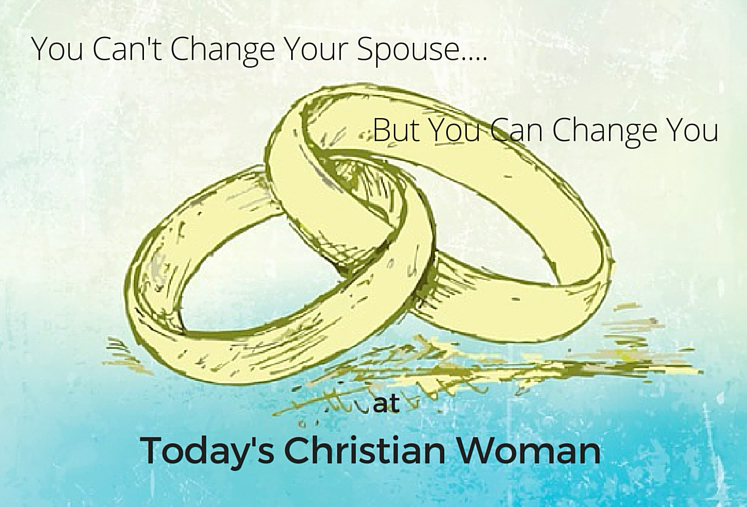 My husband and I fall on opposite ends of the spectrum regarding many lifestyle preferences, including our need for order. Though I am finally beginning to understand that no amount of nagging, manipulating, or pleading will help him change and become more like me, I’m embarrassed to admit that knowledge doesn’t always stop me from trying.
My husband and I fall on opposite ends of the spectrum regarding many lifestyle preferences, including our need for order. Though I am finally beginning to understand that no amount of nagging, manipulating, or pleading will help him change and become more like me, I’m embarrassed to admit that knowledge doesn’t always stop me from trying.
Because we both work, we divvy up the cleaning. One of his assigned rooms is the master bath. I don’t want to be guilty of gender stereotyping but I have noticed that some men have an uncanny ability to selectively overlook anything from a ripe diaper to a ripe bathroom. On a practical level, my husband’s gifting means I have to choose not to be bothered by the mess—or clean the room myself. Since I don’t want to disempower him, I typically choose the former.
One morning I noticed his brown sock lying in the middle of the bathroom floor. I instinctively bent down to pick it up and experienced either an epiphany or a déja vu. Why was I picking up his sock when cleaning the bathroom was his job? So I left it there and decided to wait him out. It remained untouched for three weeks. He eventually picked it up—only because the toilet overflowed on his watch.
We were able to laugh about my failed experiment even though it symbolized a painful reality that all couples eventually discover; our spouse will both fail and disappoint us—just as we will fail and disappoint them. We can respond by divesting and resigning ourselves to a marginal marriage, trying to change our spouse, or partnering with God to change ourselves. After twenty-four years of experience, I have come to the conclusion that if we want our marriage to thrive, we really only have one option.
To read the remainder of this article, click the link to Today’s Christian Woman.
I am mostly in love with this, especially the concept of letting God reshape us so our own peace is not dependent on another person’s behavior. And I have done my own equivalent of the “brown sock” experiment with somewhat similar results. Where I find myself equivocating is on behalf of women in marriages that are currently categorized as “emotionally abusive” with “narcissistic” husbands. Narcissism is, of course, just the original sin of selfishness and self-direction, so I’m not sure we get to bag off because of it. “Emotional abuse” has become a very broad category. And so I think about Nona Pridham, a Boston street preacher early in the 20th century who had to resign from The Salvation Army when her husband “backslid” into alcoholism. She never left him, despite physical abuse that forced the family to flee the house some evenings, because she “could not stand not knowing that he knew Jesus.” She died without that confidence, although he would return to godly behavior very much later in life. Are we called to live as she did? Are we free to say “My spouse is living like a toddler (or a teenager) and I can’t live with that”? Or is the kind of godly suffering to which you refer a universal calling for those in difficult marriages? I find myself wondering. But you know me. I overthink.